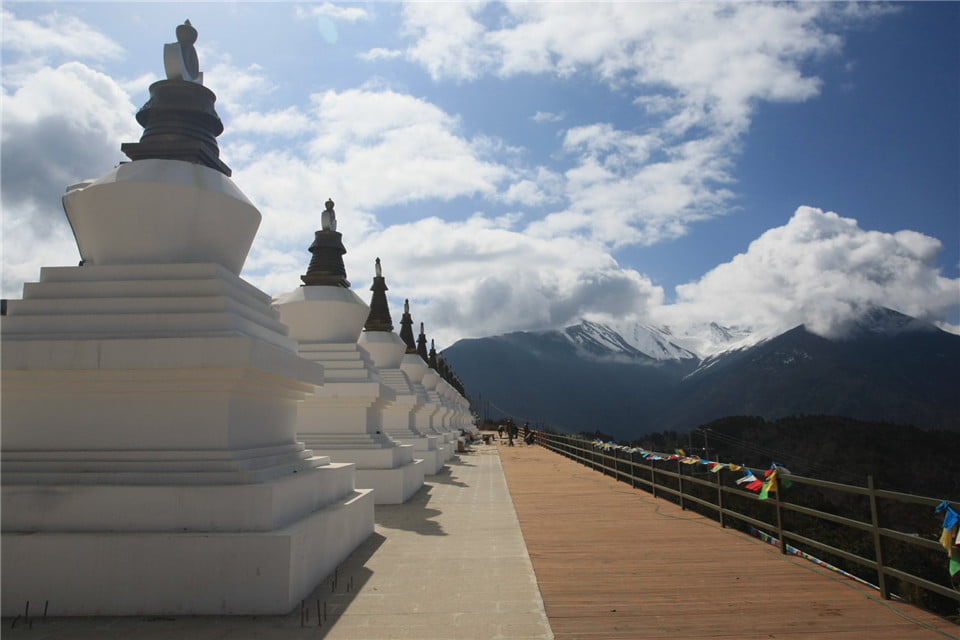
Kamaduo Stupas
The Kamaduo Stupas is surrounded by beautiful scenery and ancient trees, pines and cypresses, and evergreens.

The Kamaduo Stupas is surrounded by beautiful scenery and ancient trees, pines and cypresses, and evergreens.
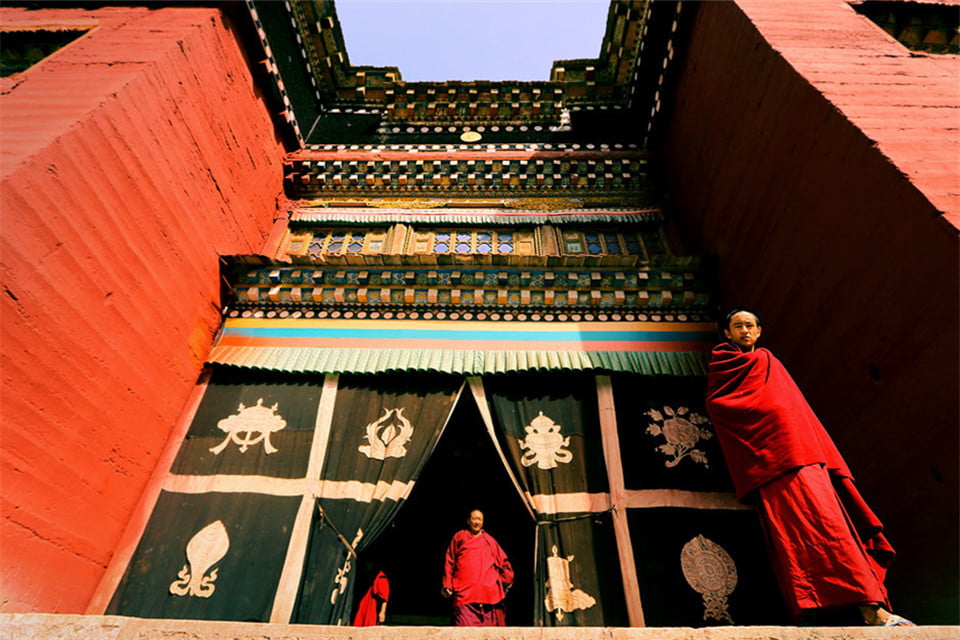
Wara Monastery, one of the main monasteries of Sakya lineage, is located in Jomda County of Chamdo Prefecture, easternmost of Tibet. It is famous for the place of peacock (auspicious bird in Tibetan Tantra) spread its tail and the Wara River goes around here as twins golden fish.
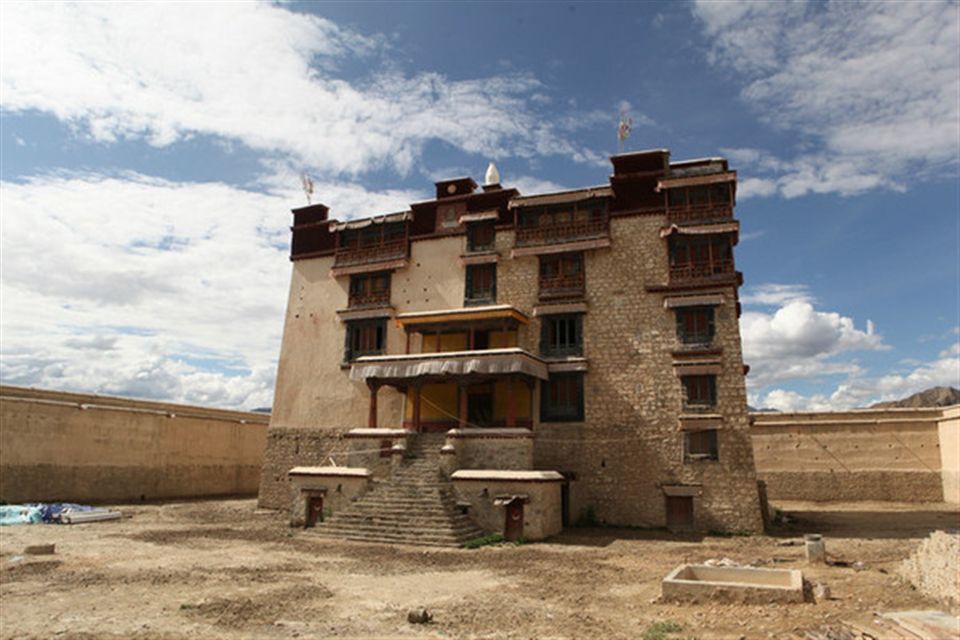
The well preserved manor was built in the Ming Dynasty. It is now an important cultural relics site of the Shannan Prefecture. Located in the Dranang Village of Dranang County, the manor faces the Samye Monastery across the river. It is 25 km away from the town of Zetang.
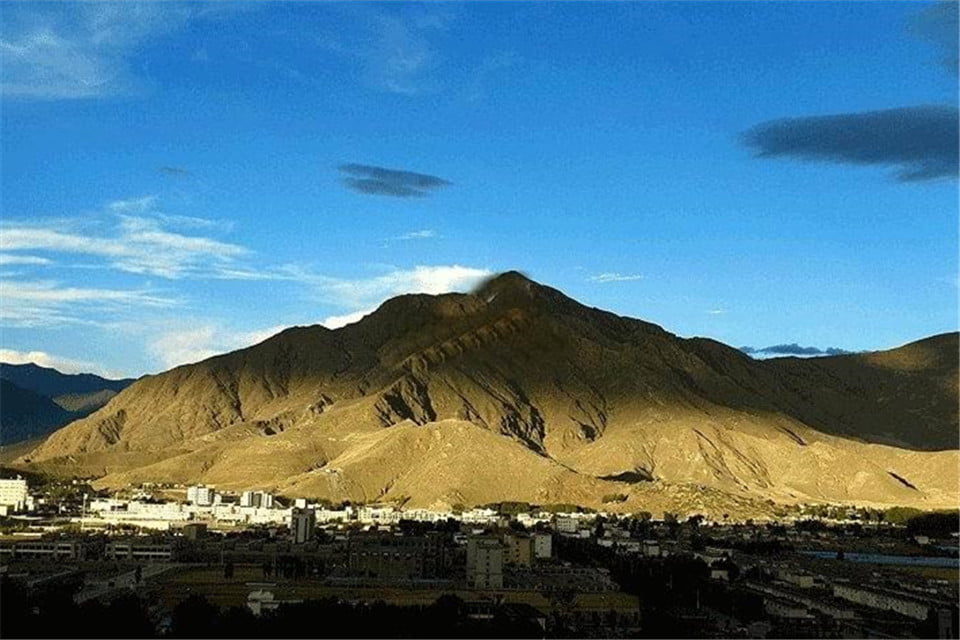
Gangpo Ri is the legendary birthplace of the Tibetan people. It is said that Chenresig, in the form of a monkey, mated with the white demoness Sinmo here. And this is the beginnings of the Tibetan race. That’s why the place is very special for the local people.
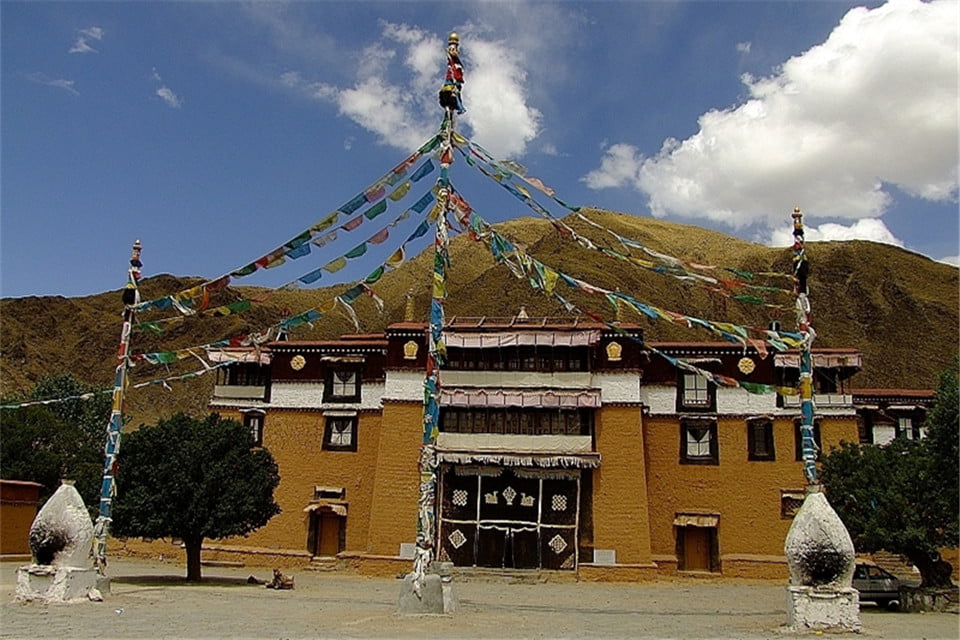
About Gonggar Chode Monastery Although the Gonggar Chode Monastery belongs to the Zung branch of the Sakyapa school, Jamyang Khyentse Wangchuk, the founder of the Khyenri school, decorated the monastery
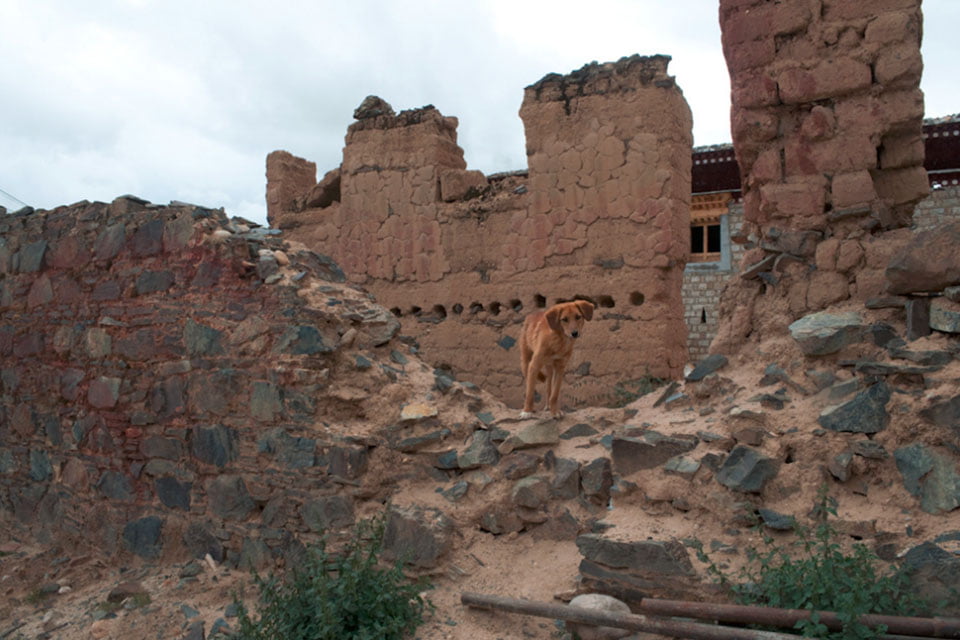
Yangpachen Monastery, historically the second seat of Shamarpas of Karma Kagyu from the time of the 4th Shamarpa (1453-1524) through the time of the 10th Shamarpa (1742-1792), was founded about 1540 by the 4th Shamarpa as the support for Kagyu teachings and symbol of everlasting.

The Lhasa River originates from Mt. Nyanchen Thanglha Gangri. It is one of the main tributaries of the YarlungTsangpo, running through Nagqu, Damxung, Lhundrup, Medrogungkar, Taktse, Chenguan, Tohlung Dechen to Chushur County. The Lhasa River is 495 kilometers long with a watershed area of 31,760 square kilometers.
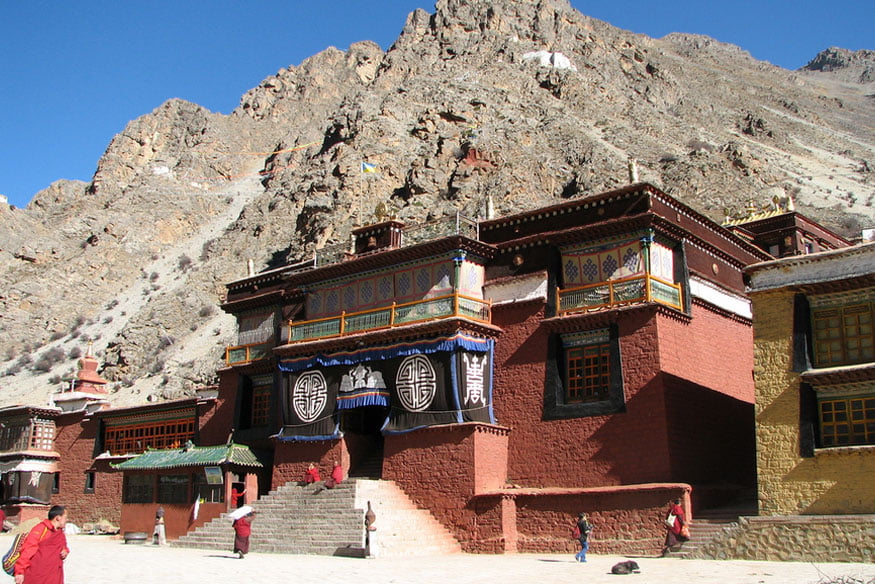
Around 65 km west of Lhasa, Tsurphu Monastery is the seat of the Karmapa branch of the Kagyupa order of Tibetan Buddhism. The Karmapa are also known as the Black Hats, a title referring to a crown– a copy of which was given to the 5th Karmapa by the Chinese emperor Yong Lo in 1407.
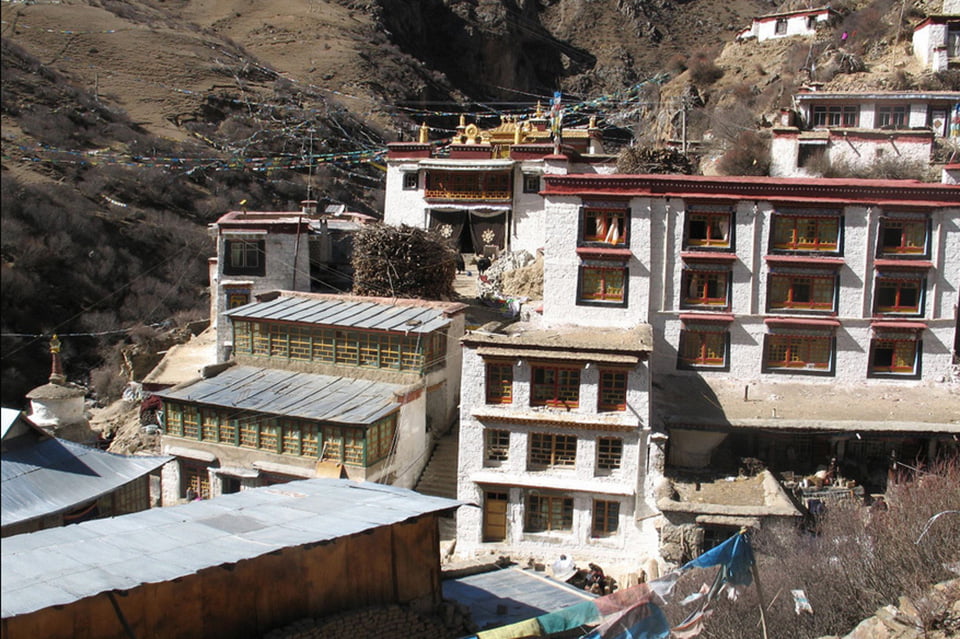
About 110 km from Lhasa, lies Tidrum Nunnery, which is set in a beautiful valley with numerous hermitages and caves in the surrounding hills. Miraculously, there’s hardly a Chinese building in sight, although the nunnery has a huge satellite dish mounted on its traditional rooftop.